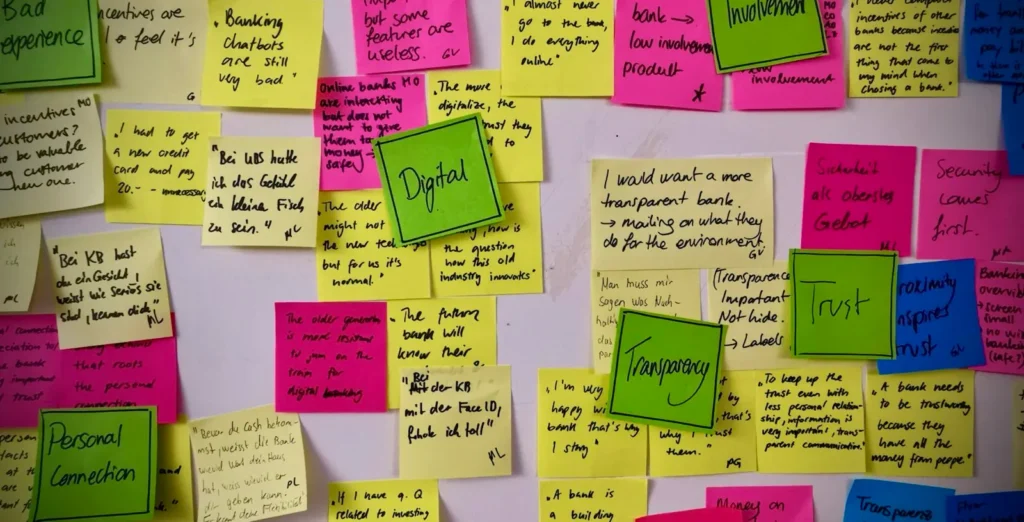We live in an era of extraordinary complexity, a veritable “perfect storm” where climate crisis, pandemics, geopolitical conflicts, and growing inequalities intertwine inextricably. In this polycrisic scenario, as I’ve previously termed it, the need for novel approaches to address global challenges emerges urgently. Within this context, the Living Lab model reveals itself as an invaluable tool, capable of embracing complexity and navigating it collectively, fostering intergenerational dialogue.
Living Labs represent open innovation ecosystems, user-centric in nature, operating in real-world territorial contexts. They are living laboratories where citizens, businesses, research centers, and institutions collaborate to co-create innovative solutions to tangible problems. This approach enables the transcendence of traditional disciplinary and sectoral silos, promoting a holistic and integrated vision of the challenges at hand.
The European Union has fully grasped the potential of this model, investing significantly in its dissemination and in the consolidation of a European network of Living Labs. The European Network of Living Labs (ENoLL), founded in 2006, now boasts over 480 members across the continent and beyond. This network facilitates knowledge exchange, best practices sharing, and the creation of transnational partnerships, acting as a catalyst for innovation on a European scale.
However, it’s crucial to note that format and methodology alone are insufficient to generate real impact. To be truly effective and transformative, a Living Lab must possess a soul and an ethical foundation. As Paolo Venturi, director of AICCON and a great source of inspiration for our work, reminds us, it is fundamental that these innovation spaces are oriented towards generating “inclusive prosperity”. It’s not merely about producing technological or economic innovation, but about creating shared value for the entire community.
In this sense, Living Labs can become spaces where innovation meets civil economy, promoting a development model that places the individual and the common good at its core. As Venturi writes, “inclusive prosperity is the result of a social innovation process that generates economic value and social impact in a synergistic and non-dichotomous manner”. Living Labs can be the catalysts of this process, facilitating the convergence of diverse forms of knowledge, skills, and territorial resources.
At the Future Food Institute, we’ve embraced this vision since 2014, deciding to transform our locations into veritable Living Labs. Today, this choice has proven successful, allowing us to be involved in three major European projects: CITIES2030, SEEDS, e SWITCH. These projects, funded through programs such as Horizon 2020 and PRIMA, enable us to experiment with and further refine the application of the Living Lab model in the agri-food context.
Per saperne di più Medium.

